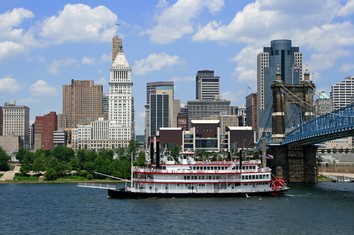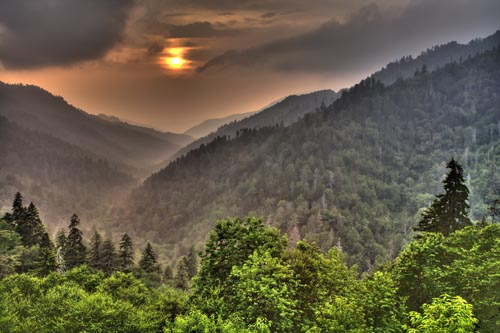
No one can watch my pet while I am away. What can I do?
Your vacations in the United States of America
The United States of America – commonly referred to as the United States, the U.S., the USA, or America – is a federal constitutional republic comprised of fifty states and one federal district. The country is situated mostly in central North America, where its forty-eight contiguous states and its capital district, Washington, D.C., lie between the Pacific and Atlantic Oceans; it is bordered by Canada to the north and Mexico to the south. The state of Alaska is in the northwest of the continent, with Canada to its east and Russia to the west across the Bering Strait. The state of Hawaii is an archipelago in the mid-Pacific. The country also possesses several territories, or insular areas, in the Caribbean and Pacific.
At 9.83 million km² and with about 307 million people, the United States is the third or fourth largest country by total area, and the third largest by land area and population. The U.S. is one of the world's most ethnically-diverse and multicultural nations, the product of large-scale immigration from many countries. The U.S. economy is the largest national economy in the world.
The nation was founded by thirteen colonies of Great Britain located along the Atlantic seaboard. On July 4, 1776, they issued the Declaration of Independence, which proclaimed their independence from Great Britain and their formation of a cooperative union. The rebellious states defeated Great Britain in the American Revolutionary War, the first successful colonial war of independence. The Philadelphia Convention adopted the current United States Constitution on September 17, 1787; its ratification the following year made the states part of a single republic with a strong central government. The Bill of Rights, with ten constitutional amendments that guarantee many fundamental civil rights and freedoms, was ratified in 1791.
In the 19th century, the U.S. acquired land from France, Spain, the United Kingdom, Mexico, and Russia; it also annexed the Republic of Texas and the Republic of Hawaii. Disputes between the agrarian South and industrial North, over states' rights and the expansion of the institution of slavery, provoked the American Civil War of the 1860s. The North's victory prevented a permanent split of the country and led to the end of legal slavery in the country. By the 1870s, the national economy was the world's largest. The Spanish-American War and World War I confirmed the country's status as a military power. In 1945, the United States emerged from World War II as the first country with nuclear weapons, a permanent member of the United Nations Security Council, and a founding member of the North Atlantic Treaty Organisation (NATO). The end of the Cold War and the dissolution of the Soviet Union left the U.S. as the sole superpower. The country accounts for half of global military spending and, to date, is a leading economic, political, and cultural force in the world.
Official language
English
Currency
US dollar
Electricity
120 volts, 60 cycles



















































